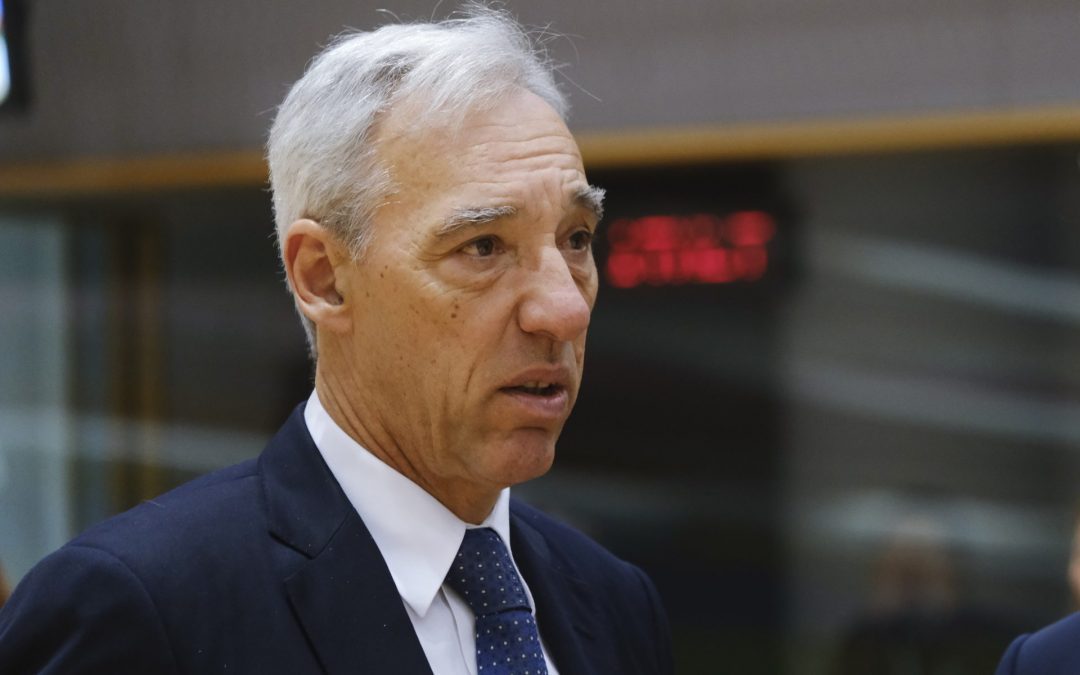Brussels – The European Union is studying a new approach in its relations with the Sahel region to become more “proactive” and resume dialogue with some countries in the area open to cooperation, in light of the failure represented by military juntas in countries like Mali or Burkina Faso, in a region marked by security challenges and increasing Russian influence.
Starting from the premise that the situation in the Sahel is “very complicated,” European diplomacy is betting on a consensual approach with the 27 to re-establish selective contacts with some countries in a region of geostrategic importance for the bloc but which is internationally isolated following the military coups experienced in Mali, Niger, Chad, Burkina Faso, or Guinea, located just south of this region of the African continent.
“We cannot afford to remain passive in the face of what is happening in the Sahel,” says a senior EU official, who considers the military juntas that have withdrawn international civilian forces from the country to be “failed,” ultimately yielding ground to jihadist organizations or falling into the web of Russian influence.
In Brussels, they emphasize that the military juntas in the Sahel have failed to guarantee the security of their own populations, one of the reasons why the coups succeeded. This situation paves the way for both the rise of extremism and the increase of Russian influence to the detriment of the security of the local population and the interests of the EU in the area.
Given these circumstances, the 27 are called to approve a mandate that allows the European External Action Service to intensify relations with some countries in the area, in an exploratory exercise based on the interest that some of the military juntas in the region have in cooperating more with the EU.
Dialogue will not be free
The approach involves maintaining contacts with those more receptive to cooperation with the European continent, under the premise of meeting minimum democratic and social criteria. “It will depend on whether we see that the leaders of some of these countries are more willing to have a conversation with us, which, as always, will not be free. We will demand things from these countries,” summarizes the EU official.
Countries like Mali exemplify the situation referred to by the EU’s External Action Service. After the military junta established following the military coups of August 2020 and May 2021 has tightened ties with Russia and has been involved in recurrent clashes with France, it finds itself besieged by the actions of jihadist groups, clearly demonstrating its lack of control over the territory.
Since September, Al Qaeda’s affiliate in the Sahel — the Group for Support of Islam and Muslims (JNIM) — has imposed a blockade on the entry of fuel from neighboring countries, intensifying its attacks on tanker truck convoys transporting it, suffocating the capital and pushing several countries to urge their citizens to leave Mali amid fears of further deterioration of the situation. (November 18)
 go to the original language article
go to the original language article
